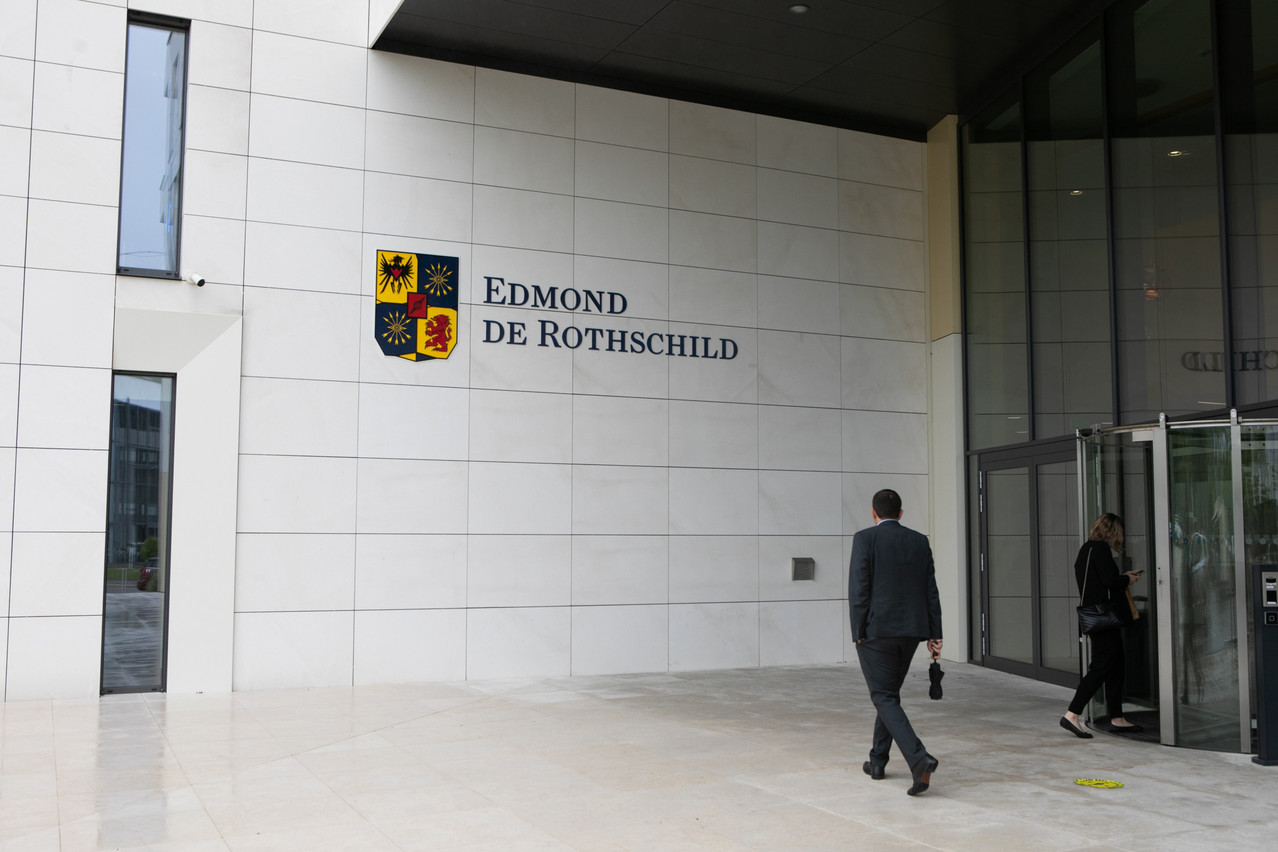This paradigm shift would be a return to the old world, where asset valuations were based on economic fundamentals. The question is whether the transition would be smooth or not.
In “an environment where the unusual combination of recovery and massive liquidity injections is keeping markets at levels far from the usual valuation norms or traditional behaviour in this phase of the cycle,” the FED’s decisions are being scrutinised by all investors—at the risk of an overreaction, the bank says. The question will be whether the US Federal Reserve can communicate in such a way that, when it switches to a more traditional monetary policy—therefore bringing an end to “mechanical” support for current asset valuation levels—investors do not panic and send the markets awry.
Whether the inflationary rebound will be temporary or long-lasting isn’t easy to say. “We should see the peak of the global recovery and inflation this summer,” the bank says, “if only because of base effects, but also probably because of the Federal Reserve’s announcement of the possibility of reducing its liquidity injections in 2022. However, the question of inflation dynamics goes beyond base effects. The subject for investors will be to measure, beyond the one-off rebound in inflation due to shortages, whether an inflationary mechanism is being put in place in the United States, in particular via an acceleration in wages.”
Towards a rise in volatility
Having outlined what could be a paradigm shift, Edmond de Rothschild goes on to predict “an environment that remains positive for risky assets over a foreseeable horizon, but [which are] potentially more volatile.” As a result, the risks of current allocations have been reduced in its portfolios.
“In this environment of strong growth, more erratic inflation and questions about the impact of the Federal Reserve’s changes, it goes without saying that equity markets retain more appeal than bond markets. At a time when discrimination within the equity markets is mainly at the factor level, we continue to believe that a good balance between growth, quality and value should be maintained and that the focus should be on the major growth themes that have emerged from the crisis, namely human capital, healthcare, big data and the energy transition.”
From a geographical point of view, Edmond de Rothschild favours European and Japanese equities over US equities, as the former offer greater leverage in the recovery cycle that is expected to last until the end of next year.
The attractiveness of China
And they are betting on Chinese equities. “While they underperformed in the first half of the year, their valuation has become relatively attractive again compared to the rest of the world, as the authorities are working to channel the abundant savings into the financial markets and avoid speculation in other assets—bitcoin, commodities, real estate, etc. Finally, at a time when all the talk is about the tightening of monetary policy by major central banks like the Fed and the ECB, China will be an exception as it did not implement any extraordinary measures during the crisis. The Chinese market has not benefited from the flood of liquidity this year; it will not suffer from its drying up, either, and can therefore make a difference in the coming months. It is true that China is not currently participating in the acceleration of global activity. But we can be sure that the intensification of the vaccination campaign will improve economic conditions and that the authorities’ great success in restoring financial stability will allow them to loosen the constraints a little.”
As for bonds, they remain less attractive overall for Edmond de Rothschild. “With the inflation problem unresolved and the Fed moving closer to normalising its monetary policy, government bonds and investment grade corporate bonds offer neither yield nor interest in a diversified portfolio. Indeed, in the event of a rise in inflation fears or a drying up of liquidity affecting the markets, these bonds would not play their role as a safe bet. We still see financial subordinated bonds as attractive, as they still offer some yield and low interest rate sensitivity in an environment where the recovery is positive for the financial sector.”
This article was originally published on paperjam.lu. It has been translated and edited for Delano.
